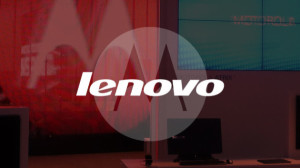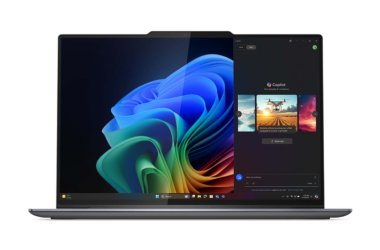 Lenovo is set to buy Motorola Mobility from Google for $2.91 billion in a deal that excludes the vast majority of Motorola’s patent portfolio.
Lenovo is set to buy Motorola Mobility from Google for $2.91 billion in a deal that excludes the vast majority of Motorola’s patent portfolio.
The acquisition comes just a day after an organisational restructure and a week after the company paid $2.3 billion for IBM’s server business.
The move has been tipped as a bid to expand Lenovo’s presence in the US.
The acquisition is the largest in the company’s history and will include a mixture of cash and stock.
Lenovo will pay Google $660 million in cash, $750 million in stock, with the remaining $1.5 billion paid out over the next three years.
Google, who paid $12.5 billion for Motorola Mobility in 2012, will maintain ownership of the vast majority of its patent portfolio, including current patent applications and invention disclosures.
According to a joint company statement, Lenovo will receive a license to this portfolio of patents and other intellectual property.
Additionally, Lenovo will receive over 2,000 patent assets, as well as the Motorola Mobility brand and trademark portfolio.
Google chief executive, Larry Page, said Lenovo had the expertise and track record to scale Motorola Mobility into a major player within the Android ecosystem.
“This move will enable Google to devote our energy to driving innovation across the Android ecosystem, for the benefit of smartphone users everywhere.”
Lenovo chief executive Yang Yuanqing said the acquisition of such an iconic brand, innovative product portfolio and talented global team would immediately make Lenovo a strong global competitor in smartphones.
“We will immediately have the opportunity to become a strong global player in the fast-growing mobile space,” he said. “We are confident that we can bring together the best of both companies to deliver products customers will love and a strong, growing business.
“Lenovo has a proven track record of successfully embracing and strengthening great brands – as we did with IBM’s Think brand – and smoothly and efficiently integrating companies around the world.”
Motorola Mobility chief executive Dennis Woodside said his company would have a rapid path to achieving its goal of reaching the next 100 million people with the internet.
“With the recent launches of Moto X and Moto G, we have tremendous momentum right now and Lenovo’s hardware expertise and global reach will only help to accelerate this,” he said.
The news comes a day before Google reports its quarterly earnings.





